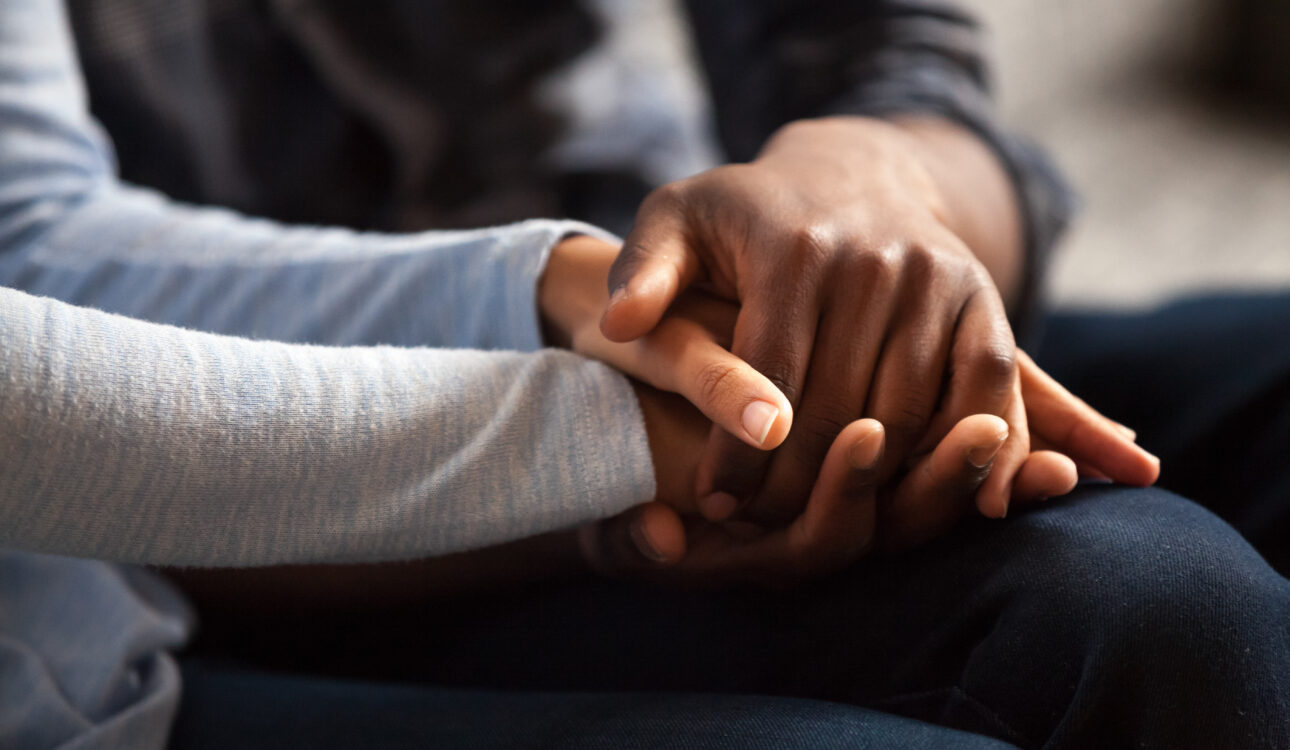Unfortunately, relapse rates for people who enter recovery for drug or alcohol abuse are fairly high. Rehab is extremely effective; however, more often than not, people have trouble figuring out how to use the practices they learned in rehab and apply them in their day-to-day lives. It takes dedication, time, patience, and a strong desire to quit in order to avoid relapsing, and even then, it can still happen. Relapse guilt is a very real mental response for those who start using again, and there are several practices you can take to stop yourself from negative self-talk and help to get you back on track to the goal of achieving life-long sobriety.
Harbor Detox offers addiction therapy in California. Speak to our admissions team today to learn more about our treatment programs and how they can help you overcome substance abuse.
What is Relapse Guilt?
If you are in a position where you have relapsed one or more times, you may remember a feeling of shame, anger and frustration with yourself that occurred as a result of your relapse. Getting back into your old habits after completing treatment that was potentially expensive and time-consuming can make you feel like you not only failed yourself, but you also failed your therapists, your family, and those who helped you get sober. What we’re here to tell you is that beating yourself up is not only going to make you feel worse, but it will likely make you hide or run from your problems. Rehab is a place where understanding and patience are at the forefront of the practices, and there is no reason to be ashamed around people who want to help. Feeling guilty and down on yourself will only work against you, and it is important to put negative feelings aside and face the reality of the situation and practice some self-compassion.
Practicing self-compassion can be the cure to relapse guilt. Instead of speaking harshly to yourself and feeling let down, try a different approach. Think of it this way – you just went through weeks and months of treatment and learned all about coping mechanisms, and forgiveness, you may have made amends and underwent the 12-step program. Apply those learnings here and now, to yourself, and offer up some self-compassion. You just went on a very difficult, heavy, emotional, life-changing journey, and there is no question that you learned a lot. And remember, It is called a recovery “journey” for a reason. You are on a journey and yours includes a stint of a relapse – big whoop! You’ve done the work before, and now you know for sure that you can do it. Just like you learned new tools and ways of thinking from your time in rehab, your practice continues now by learning from relapses.
Learning from relapses is a vital tool to keep in your belt. If you are in a position where you have relapsed before and are relapsing again, know that there is a way out and a light at the end of the tunnel. Choose one thing you learned last time after your relapse and apply it to your life now. Maybe you learned to practice self-compassion and to care for your mental health. Maybe you learned your way out is talking to a specific person who helps lead you in the right direction. Whatever that learning was, apply it now and help yourself work through your road to recovery. This time around, it may be easier to check yourself back in and have that conversation. Again – you’ve done it before, you can do it again.
Another method to overcome relapse guilt is building resilience. Something that may have hurt you in the past may not have the same effect on you now. This is because, over time, you have become more sure of yourself, and without knowing it, you begin building resilience. Resilience can look many different ways, but overall, the meaning is that over time, you have built up the capacity to recover quickly from difficulties. Over time, you will find it in yourself to let go of your relapse guilt and forgive yourself more quickly.
Harbor Detox Can Help
At Harbor Detox, we are fully equipped to help you overcome feelings of relapse guilt and bring you on a brighter path to recovery. We also offer additional tools to take advantage of after recovery to help prevent your next relapse and keep you going on the path to long-term recovery. If you are experiencing relapse guilt now, or if you have questions regarding our rehab center and how we can help you succeed in your recovery, please call us today at 1 (866) 535-4426 and learn more about our Orange County addiction treatment center.






